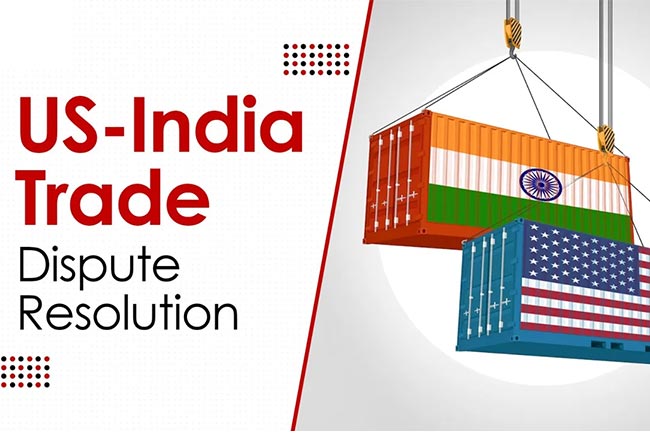Recently, according to AFP, the United States and India reached a dispute agreement on poultry.The dispute began with India imposing restrictions on certain agricultural products imported from the United States to prevent avian influenza.

Details of the agreement and the long-term disputes behind
The U.S. Trade Representative’s Office has publicly stated that the agreement has successfully resolved the long-standing dispute between the two sides and laid a solid foundation for the future U.S.-India trade relationship. As part of the agreement, India has agreed to reduce tariffs on certain U.S. products, such as frozen turkey, frozen duck, fresh blueberries and spread berries.
India banned imports of poultry meat and egg products from the U.S. in 2007 to prevent bird flu and the U.S. submitted consultations to the WTO in 2012.
WTO Dispute Resolution Process
The DS430 case, a dispute involving agricultural products, has been disputed for more than a decade. The dispute relates to India’s Poultry and Livestock Act of 1898 and the July 2011 import ban. This ban affects the import of a number of products such as poultry, eggs, unprocessed feathers, etc. from the United States to India. The United States believes that India’s move violates its obligations to the WTO.
In 2014, the WTO Expert Panel preliminarily ruled that India’s action violated international practice. While India chose to appeal, its appeal bodyined most of the expert panel’s decisions.
The meaning of the reconciliation.
In June, the two countries reached a settlement in all six disputes in the WTO. This settlement on poultry further strengthened the relations between the two countries in the field of trade. U.S. agricultural products such as turkey and frozen ducks are expected to gain a larger market share in the Indian market.
U.S. Senator Amy Klobuchar welcomed the move, believing that reducing tariffs would further boost U.S. turkey farmers’ export business. U.S. Secretary of Agriculture Wilsack welcomed the move, but noted that there are still some trade barriers in India.
Current status of trade relations
Although the two sides have reached a settlement on the dispute, the U.S.-India trade relationship remains complex. India remains a small market for U.S. agricultural exports. According to data from the U.S. Department of Agriculture, U.S. agricultural exports to India account for 1.2% of total U.S. exports.
It is worth noting that during the Trump administration, the United States ended the Universal Benefit Treatment for India’s developing countries. Although relations between the United States and India have recovered after the Biden administration came to power, this treatment has not been restored.


 Follow customer service WeChat
Follow customer service WeChat